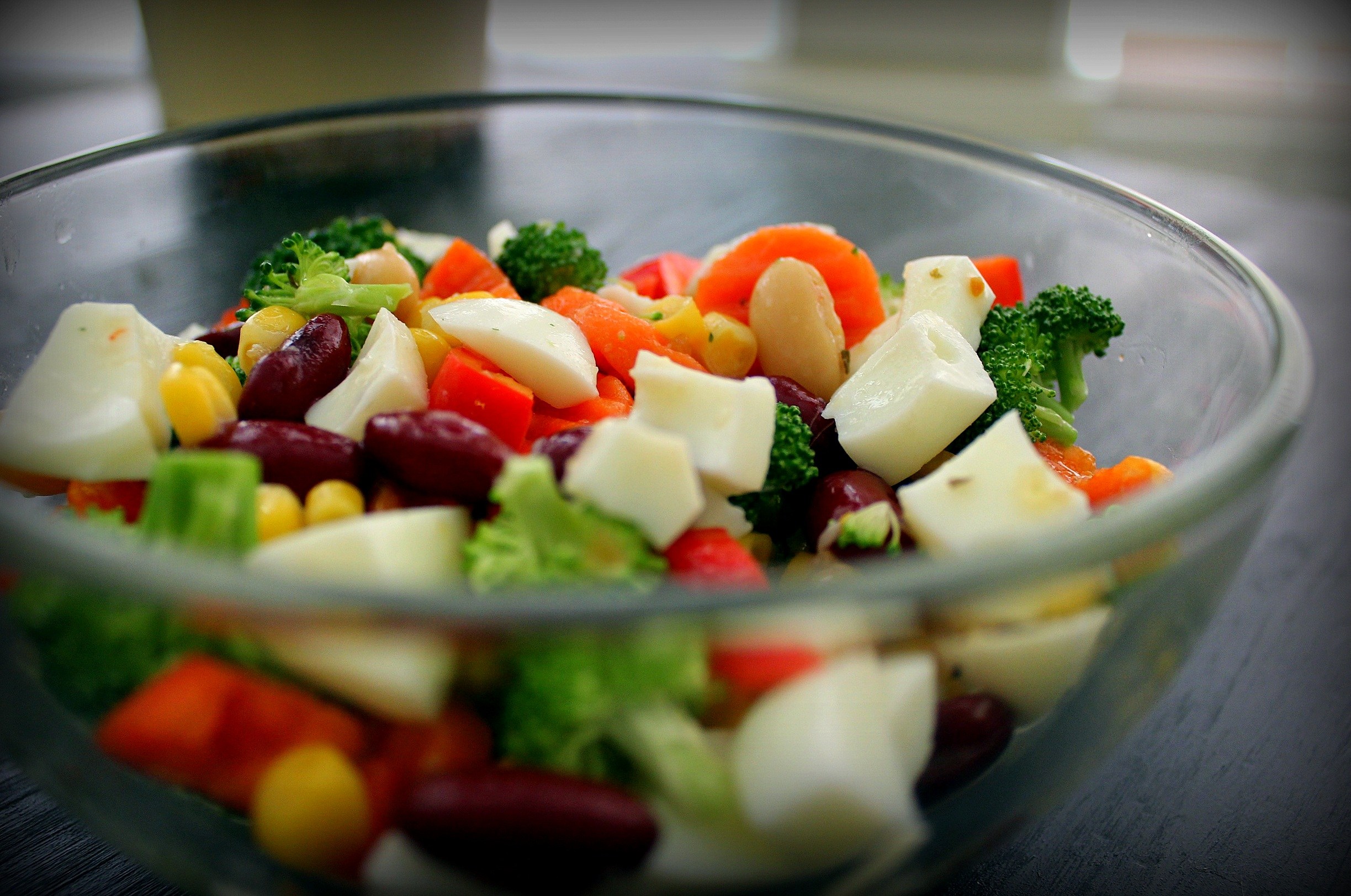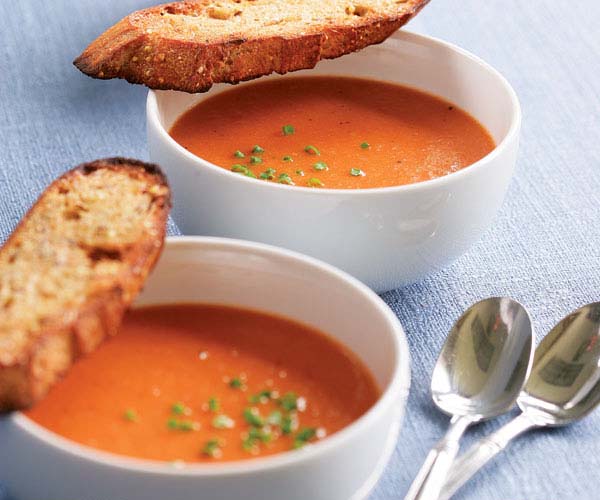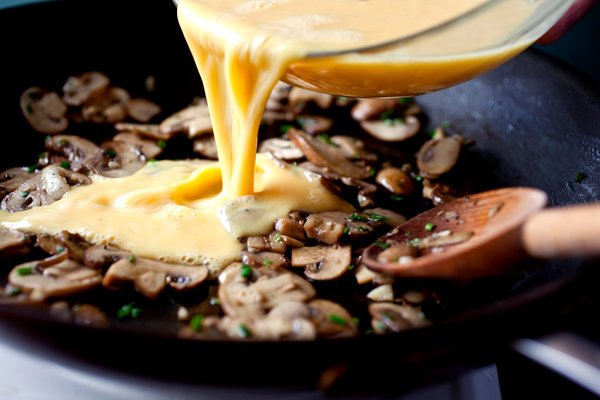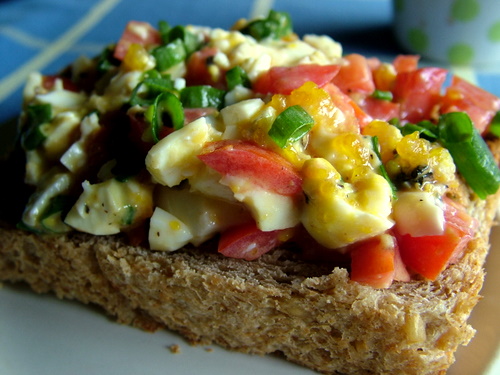You’ve been married for a few years and you feel it’s time to get pregnant.
You’d like to increase your chances of fertility. What should you do?
FOR STARTERS, EAT RIGHT

The National Infertility Association in the US recently stated that almost 30 per cent, or nearly one-third, of infertility cases are due to `weight extremes’, i.e., where the woman is either excessively overweight or underweight. This matters because even a five per cent reduction in weight can improve chances of having a baby. That’s what the study revealed. And, at the other end of the spectrum, women with a BMI (Body Mass Index) of less than 18.5 could have problems with ovulation or menstrual cycles, and by extension, conception.
In other words, there is a definite correlation between nutrition and fertility.
Can you eat your way into pregnancy?
In short, `yes’ (all other indicators being normal), but the answer is also two-fold.
First, a sensible diet -and here, I stress on sensible -will reduce your weight if you are overweight. Protein, fats, carbs, vitamins and minerals must be represented in their recommended quantities for you to nourish your body and lose weight at the same time. Fad and crash diets will starve your body of crucial nutrients that are needed for conception.Please note that, like breathing or digestion, conception is also a bodily function that needs adequate nourishment.
Second, it’s not just eating right, it’s also about eating smart. There are foods that boost ovulation. Iron-rich diets -foods like beans, eggs, dals, whole grains, spinach -reduce the chances of ovulatory infertility. And while folic acid doesn’t boost fertility, it is vital for the prevention of neural tube defects.
Note: The neural tube is what ultimately develops into the baby’s spine and brain 3-4 weeks into the pregnancy a time when most women may not even be aware that they are carrying a baby.
Additionally, a group of Harvard researchers has created the `fertility diet’, designed to boost fertility, bringing about a 66 per cent reduction in risk of ovulatory infertility for those who suffered from it, and an additional 27 per cent reduction in the possibility of infertility from other causes. Key elements of the diet include…z Less bad fats, like trans fats, and more good fats like menstruated fats (olive oil and avocados) z More vegetable protein, like dals, and lesser animal protein (chicken, mutton, pork etc) z More fibre z Multivitamins z More vegetarian sources of iron as opposed to non-veg sources.
MEN, WATCH YOUR DIET
And it’s not just the women. Men need to keep a watch on their diets too. Aspiring fathers also need to maintain their weight and eat right because male obesity impacts testosterone and other hormone levels. In addition, low sperm count and low motility are conditions that are more common in overweight and obese men.
There’s nothing strange or different about eating for fertility. Watch what you eat, watch your weight and watch yourself as you create a new life and with it, induct yourself into one of the world’s biggest societies: parenthood.












